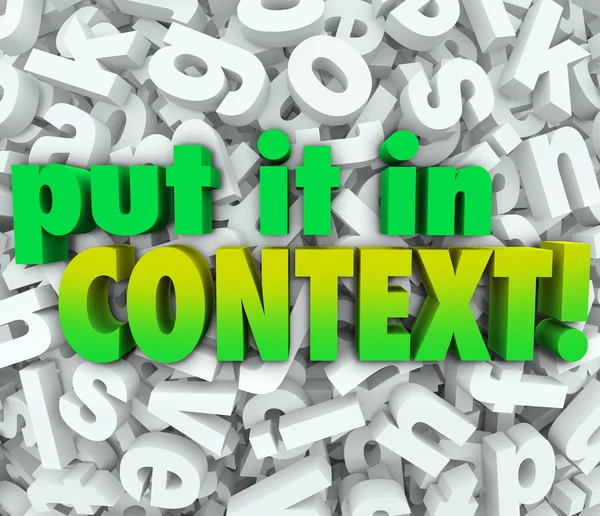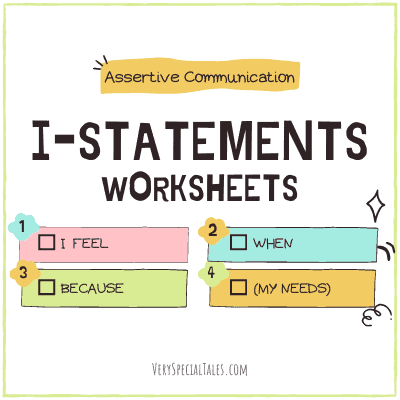- You tell a colleague, "I don't like your presentation." This may come off as arrogant and a personal attack.
- "I'm having trouble with your presentation because the data seems inaccurate and the visuals are confusing."
Practice Empathy
Before speaking, try to put yourself in the other person's shoes. Consider how your words might affect them and adjust accordingly. Being empathetic helps you communicate more gently while still being truthful.
- Think about how the other person might feel. If you're giving feedback, consider whether the timing is right and how it might affect them emotionally. You can be honest and still be compassionate.
- Be direct but gentle: Honesty doesn’t mean being blunt or harsh. You can express your thoughts clearly without being offensive. Instead of saying something like “That looks awful,” you might say, “I think this color might not be the best choice for this room.”
Timing is Key
Honesty is more effective when delivered at the right moment. Simon Sinek learned this himself overtime. If someone is upset or stressed, it may not be the best time for direct feedback. Try to pick a time when the person is more likely to be receptive.
- "Is this a good time to talk about this important matter?"
- There are times when honesty might be hurtful or unnecessary, especially if it doesn’t contribute to the situation. For example, if someone asks for feedback on their appearance, it’s okay to either offer kind suggestions or politely refrain from commenting if you're not sure what to say.
Give Positive Feedback When Possible
If you’re giving critical feedback, it’s often helpful to balance it with something positive. For example:
- Instead of: "This project was poorly done."
- Try: "I really appreciate the effort you put into this, but I think there are a few areas we could improve, especially [specific part]."
This makes the feedback feel more constructive rather than just critical. When sharing your opinion or feelings, take ownership of them to avoid sounding like you're attacking the other person. For example, instead of saying, “You're wrong,” try, “I see it differently.”
Be Open to Dialogue
Being honest also means being open to the other person’s perspective. Encourage dialogue by asking for their thoughts or feelings on the matter, which can foster a more open, respectful exchange.
Active listening and listening to their side will help immensely in the long run. Before you respond, listen to their side of things.
- Acknowledge their feelings: "I understand why you feel this way."
- Ask questions: "Can you explain more about that?"
By being honest with care and consideration, you're more likely to build trust and respect, rather than causing hurt or misunderstanding.
Be Direct, But Diplomatic
Try to avoid competitiveness and and be straightforward. While being honest, try to soften the delivery when necessary. For example:
- Instead of: "This idea is terrible."
- Try: "I think we might need to reconsider this idea. Here's why I think it might not work..."
- Show appreciation: "Thank you for hearing me out on this."
By offering alternatives or suggestions for improvement, you make it a constructive conversation rather than just criticizing. Being thankful can open doors for further conversation and room for authenticity.
Be Mindful of Your Tone and Body Language
How you say something is just as important as what you say. Ensure that your tone is calm, composed, and non-confrontational. A neutral or gentle tone can help convey honesty without sounding harsh.
- Avoid unnecessary details: You don’t need to over-explain or provide every harsh truth. Sometimes, a simple “I’m not a fan of this” is enough.
Use "I" Statements and Remain Sensible
- Instead of: "You never listen to me."
- Try: " Sometimes, I feel unheard when I try to express myself."
Avoiding using generalizations like “always” or “never,” can feel like attacks. This makes the conversation less about the other person's behavior and more about your feelings, reducing defensiveness.
Focus on the Situation, Not the Person
Validate the person and take care of the issue. Avoid making comments about someone's character. Instead, focus on specific actions or behaviors. For example:
- Instead of: "You're being irresponsible."
- Try: "I noticed that the deadline was missed, and it caused some problems. Can we find a way to prevent that in the future?"
This helps the person understand the issue without feeling attacked.
Offer Solutions, Not Just Problems
When being honest about something that could be improved, it helps to suggest ways to move forward or improve the situation. This shows you're interested in solutions, not just pointing out flaws.
Frame Criticism Constructively: If you're offering criticism, pair it with something positive or suggestive of a solution. Instead of, "This is a mess," you could say, “This could work better if we tried [suggestion].”
Take Accountability for your Mistakes
Admitting mistakes shows that you can acknowledge when you are wrong, hold courage, and take accountability. This aspect of honesty creates trust between you and other people.
- Acknowledge and apologize for your mistake: "I'm sorry. It seems I made an error with the last report" or "I'm sorry, I approached the situation this way, let me know how best to approach it constructively."
- Learn from your mistake: Ask yourself what led to the error, and explore hindsight solutions.
Accountability, resolution, and follow through will raise trustworthiness and efficiency. Being open about mistakes demonstrates that you have integrity, transparency, and wisdom for the future.
Follow Up After The Conversation
Following up in a timely manner helps identify errors early on as well as prevent misunderstandings. This ensures that you were clear, diplomatic, and effective with communication.
- Check for understanding: "I want to make sure I was clear earlier. Did that make sense to you?"
- Offer more detail or context: "I realize I didn’t fully explain why I feel this way, so let me elaborate a bit."
- Invite a two-way conversation (dialogue) and listen: "How do you feel about what I said? Is there anything you'd like to discuss further?"
Honesty does not have to be harsh. It’s about finding the right words, being respectful, and thinking about the impact of your message. Being honest is about balancing transparency with tact without crudeness. It’s about expressing your thoughts clearly and truthfully, while being mindful of the other person’s feelings. Choosing your words carefully, offering constructive feedback rather than criticism, and delivering your message with kindness can help you maintain integrity without causing unnecessary harm. Additionally, considering the timing, setting, and energy of the conversation is crucial; sometimes honesty can be better received in a more private or appropriate context. Ultimately, honesty and respect can coexist, and when practiced thoughtfully, they strengthen relationships and build trust.













Comments
Post a Comment
Share my thoughts